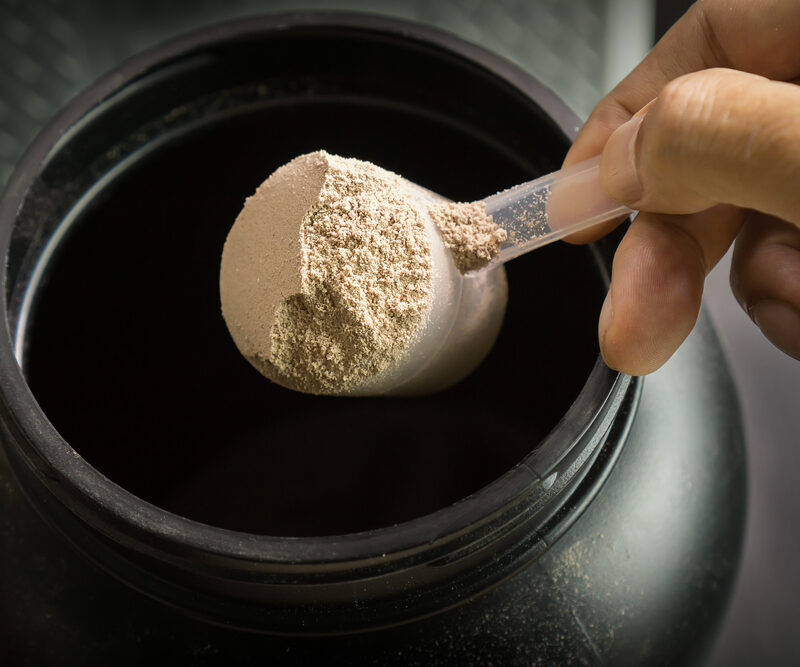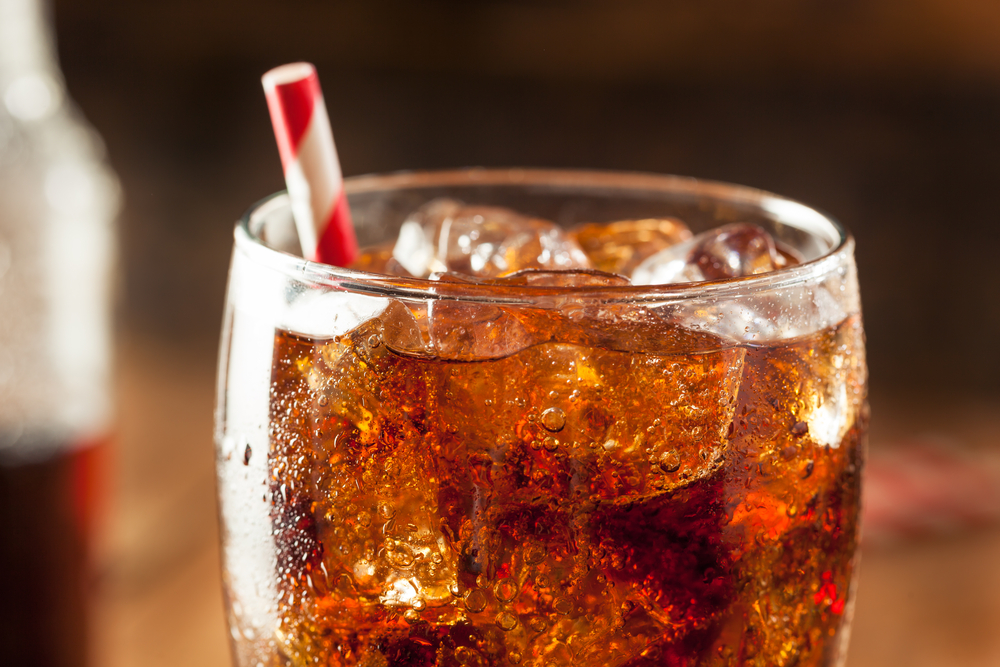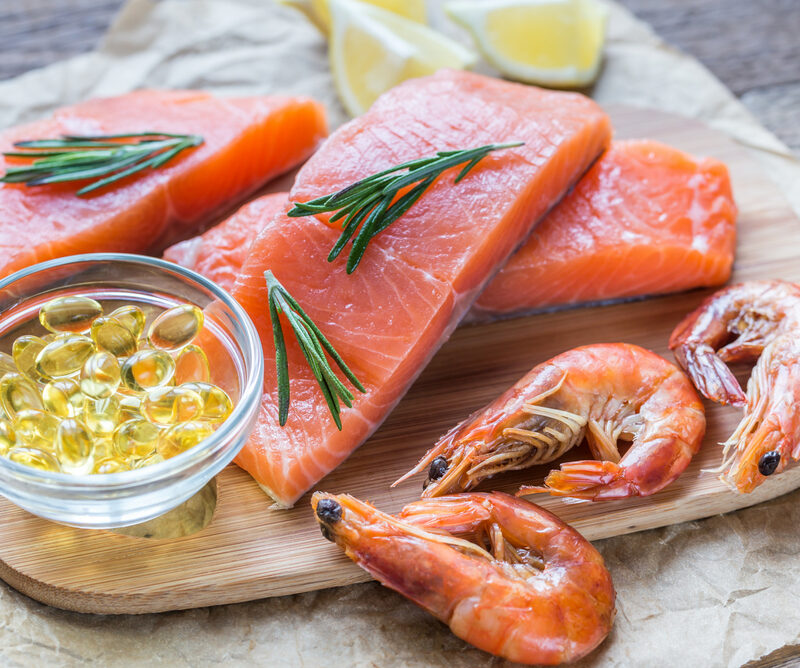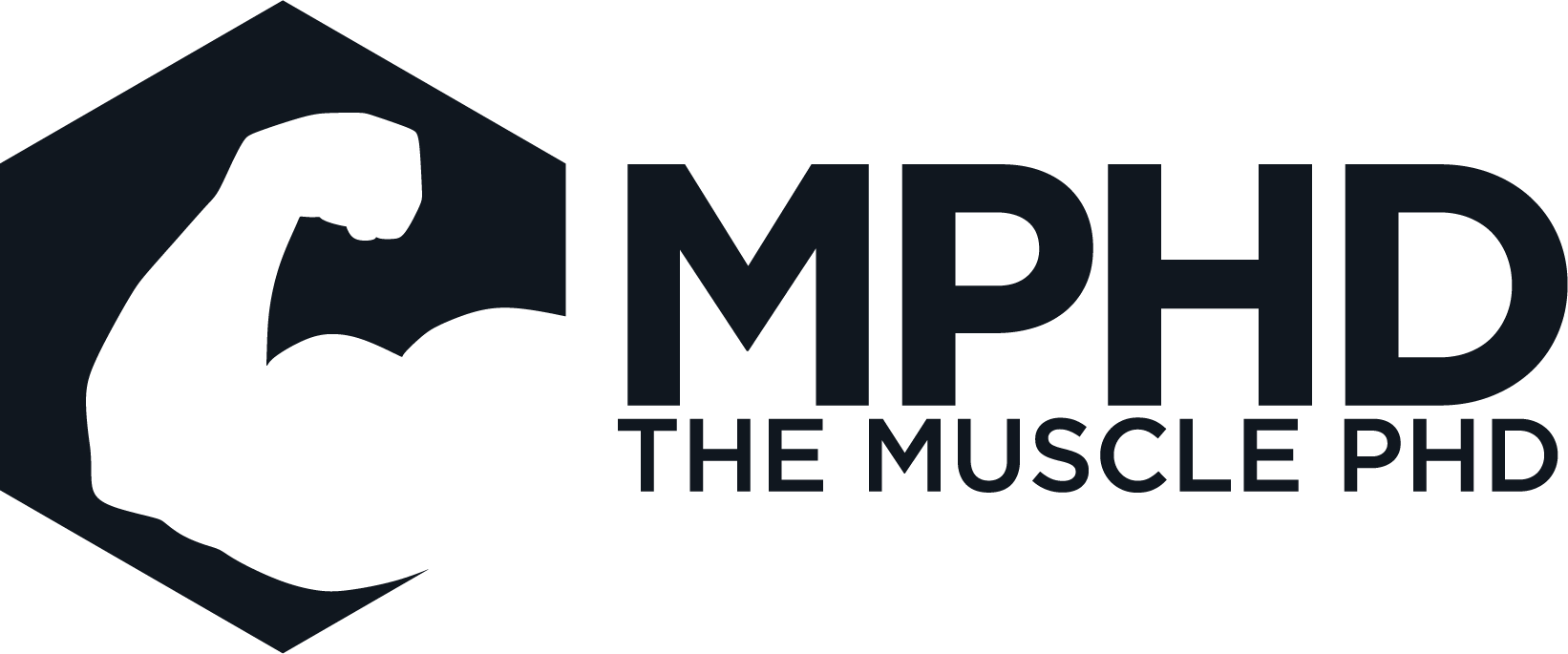Whether you’re a bodybuilder, powerlifter, figure competitor, or just a consistent gym visitor, you know how important macronutrients are! These are your main food sources that your body needs in order to sustain itself.
However, are all proteins, carbohydrates, and fats, which are the 3 macronutrients, created equal? There’s a huge movement that seems to believe so! A very controversial opinion, yet one that’s followed religiously by many bodybuilders, is that you can eat anything you want as long as it fits your macronutrient plan.
Unlike the original concept of using specific macronutrient sources, such as high-quality proteins, these people believe that all macronutrients are the same, as long as it fits your diet, irrespective of the timing of macronutrient intake and the specific type of macros you’re bringing into your body.
We believe in the merits of getting creative in your diet. After all, switching things up has been proven to help you maximize your gains. If you’re interested in learning more about this topic, we suggest taking a look at our “What Is Periodization” video.
But can you actually eat whatever you want as long as it fits your macros? A lot of athletes resort to skipping a few meals to save up enough calories in order to be able to have their favorite ice cream! However, is it possible to have Ho-Hos, Twinkies, and pizza in your meals as long as they fall within your macronutrient guidelines? We’re about to find out.
Proteins Are All About Quality
Protein is probably the one macronutrient that all bodybuilders are concerned with. After all, building your muscle is all about shuttling enough protein into your muscle tissues through protein synthesis!
If the “if it fits your macronutrients” (IIFYM) mentality rings true, then it wouldn’t matter what protein source you take, since all proteins are going to affect your body the same, right? Wrong. Quality protein sources are essential if you’re looking to build muscle.

Think about it this way. If you’re taking in 15g of protein from a protein bar or if your protein source comes from whey protein, that will increase your protein synthesis and might even come close to maximizing it! However, if you’re taking the same 15g of protein from wheat protein, you might not even increase protein synthesis at all, since that protein bar would have fat in it, as well as fiber, which slow down the response of the protein.
Leucine is one of the most important essential amino acids for muscle growth, and certain protein sources, such as vegan-based protein sources like wheat and rice protein contain very low levels of leucine and are considered incomplete protein sources.
So in this case, while you have the same macros (15g of protein), if you take those macros from different sources (whey protein vs. wheat protein), you get drastically different results! One helped you build muscles and stimulated mitochondria in your muscle to increase–and probably increased your fat-burning process–the other didn’t help you do that at all.
Studies show that whey-based protein sources help you get leaner and gain more muscle, while wheat-based sources actually get you fatter and cause you to gain less muscle. Not only that, but when comparing two high-quality proteins (whey and casein), they found that just because whey digests faster than casein, it helps you get a more anabolic response, which means that even digestion affects your diet!
So, if you train just as hard regardless of your protein intake, you might end up gaining more fat than muscle if you’re not paying attention to your protein quality.
The Glycemic Conundrum

Your carbohydrate intake probably affects your diet even more than any other macronutrient, simply because the glycemic index, which is essentially how rapidly a carbohydrate source is digested, plays a huge role in how satiated you are in your diet.
Studies show that if you eat a high glycemic index meal, which creates a huge insulin response and is digested quickly, before bed, then you’ll wake up with a little bit of insulin resistance, causing your body to respond to carbohydrate sources with a higher insulin response.
The “if it fits your macronutrients” mentality maintains that as long as you sustain the same amount of macros then you’ll lose the same amount of weight. While that may be true in the scientific sense, you have to understand that you’re not an unfeeling robot.
If you’re full in your diet, you’re not thinking about your next meal, and as a result, the probability of you cheating on your diet is much lower. Having a low glycemic index meal such as a bowl of broccoli and chicken will keep you much fuller than a high glycemic drink such as a sugary soda, even if their macronutrients are the same.
Another thing that makes a difference is that low glycemic index meals tend to have more fiber, which take a while to digest and help keep you full for longer, while a high-sugar cereal meal would have a very low fiber content and will actually increase your blood sugar.
In addition to that, studies show that your gut microbiome, as in the bacteria in your stomach which affects satiation, leanness, and insulin sensitivity, is actually healthier when you have lower glycemic index food that’s high in fiber. This means that even with carbohydrates, the same amount of macros in different meals can affect your body in completely different ways.
Fat Type Matters
Even when looking at your fat consumption, you need to understand that the word “fat” is just an umbrella term categorizing a variety of fats you’re taking in. There are saturated fats and unsaturated fats, which are further broken down into monounsaturated fat, and polyunsaturated fat.
Your fat intake could be a huge factor in increasing hormones such as testosterone in your body, which has an anabolic effect! However, this mostly applies to saturated fats and monounsaturated fats.
If you’re taking in polyunsaturated fats, you’ll see little to no impact on your hormones and you won’t increase your testosterone that much. So, if you’re on a diet and purposefully avoiding a lot of saturated fats, keep in mind that your hormone levels aren’t going to be as high.
Even going deeper within the category of polyunsaturated fatty acids, there are elements such as omega-3 fatty acids, which are high in fish and flax food sources, and elements such as omega-6 fatty acids, which are higher in food sources like canola oil or sunflower oil.

We’ve taken to calling these omega-3 fatty acids essential fatty acids. Whereas omega-6 can be acquired pretty easily from your diet, you’d need to supplement your meals with omega-3 fatty acids. If you eat a lot of fish, or supplement with omega-3 fatty acids, studies show your number of mitochondria is actually higher, and you’re likely leaner.
If you supplement with high amounts of omega-6 acids, you might feel a burn in your stomach. That’s because they are pro-inflammatory, whereas omega-3 acids are actually anti-inflammatory.
Timing Matters with Macros
Another thing that the “if it fits your macronutrients” mentality never takes into account is the importance of timing in your bodybuilding lifestyle. Your body not only needs time to digest any meal you throw its way, but the timing of when you take your macros actually has an impact on your gains.
Research shows that shifting your macros throughout the day can program your body to burn a certain macronutrient. So, by starting with a lower-carb breakfast, and then introducing carbs later, you can program your metabolism to burn more fat the rest of the day.
In addition to that, studies show that if you take your protein shake around your workout, the ingredients, such as creatine, are more effective than if you took them in the early morning or late at night.
When bodybuilders were given their protein intake around their workout, they became leaner, stronger, and gained more muscle than those who didn’t time their macros around their workout.
You might hear a lot of people scoff at this point of view, saying that this is just sweating the details and that they’ve been seeing results with the “if it fits your macronutrients” mentality. But we all know bodybuilding is all about the details. Every move you make impacts your physique a lot, and making healthier choices and timing things correctly makes a huge difference.
We hope this article helped you better understand the importance of your macronutrients, and how it’s not just about jotting down your calories on your fitness app! We’ll see you again in the next article.








